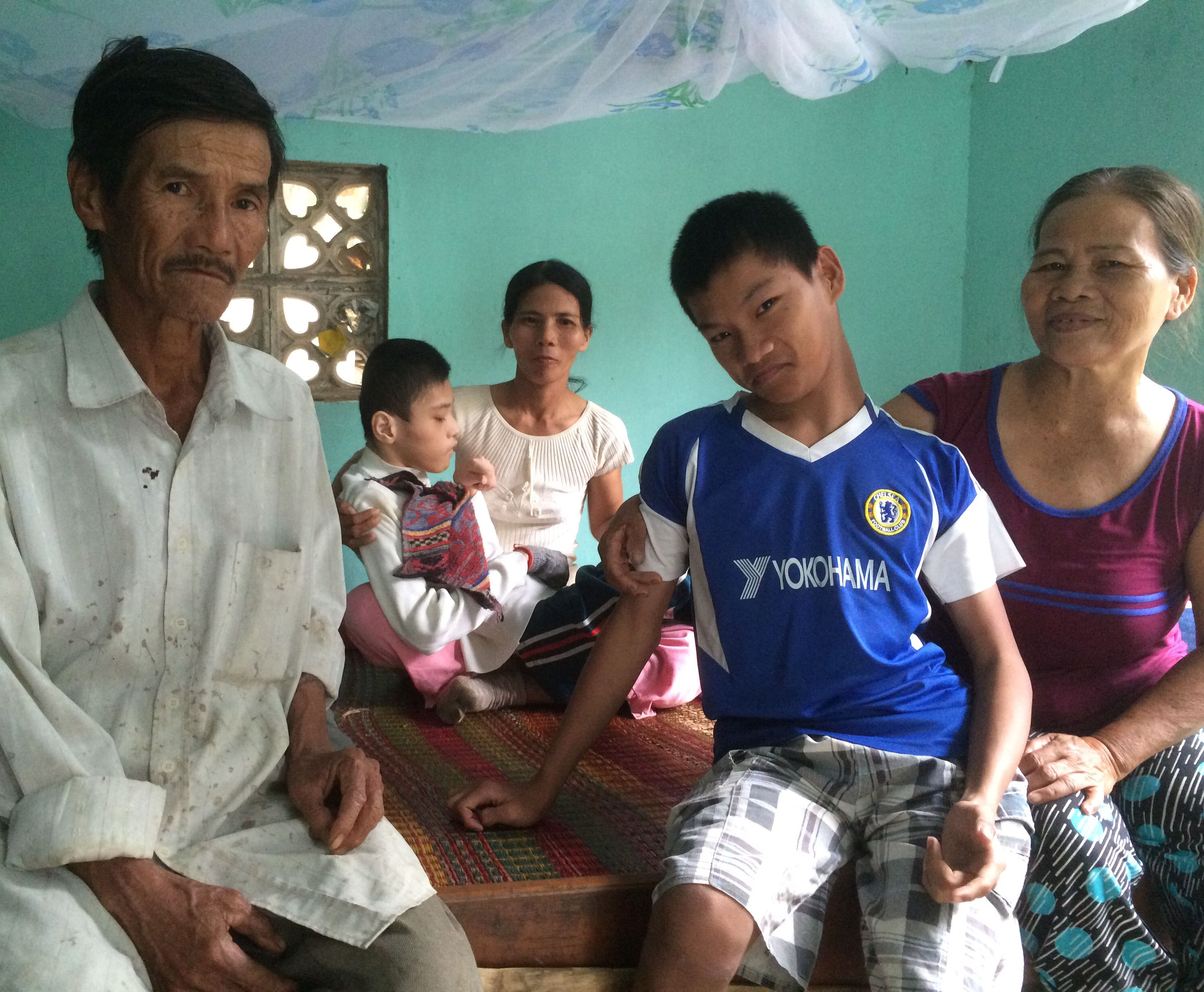Last month, Urasoe in Okinawa pledged to conduct a survey of former base employees to ascertain the extent of environmental contamination at Camp Kinser, a 2.7-square-kilometer U.S. Marine Corps supply base located in the city just north of Naha. Urasoe's director of planning, Setsuo Shimoji, announced the municipality would work with prefectural authorities to carry out the investigation, and that the city would also request funding from the national government.
This is believed to be the first time that such a large-scale survey of former base workers has been launched in Japan.
Triggering Urasoe's decision were Pentagon documents, obtained by The Japan Times under the U.S. Freedom of Information Act, that revealed serious contamination at Camp Kinser. According to the reports, military supplies returned during the Vietnam War leaked substances including dioxin (aka TCDD), polychlorinated biphenyls (PCBs) and insecticides within the base, killing marine life. Subsequent cleanup attempts were so ineffective that U.S. authorities worried civilian workers may have been poisoned in the 1980s, and, as late as 1990, they were concerned that toxic hot spots remained within the installation.



















With your current subscription plan you can comment on stories. However, before writing your first comment, please create a display name in the Profile section of your subscriber account page.